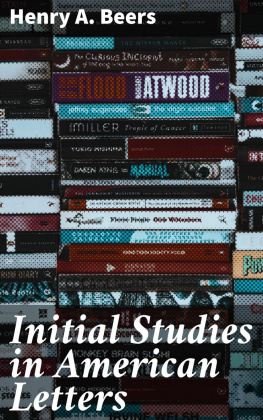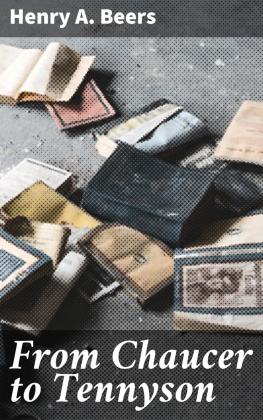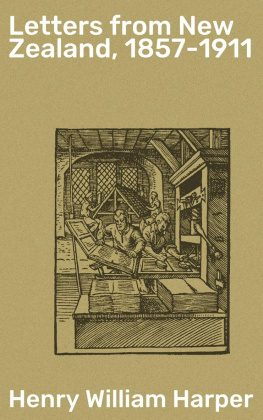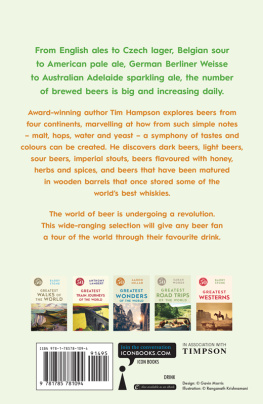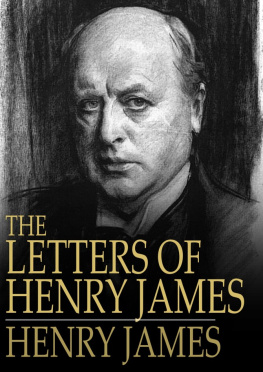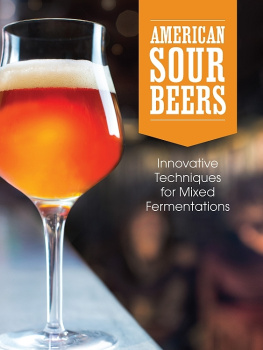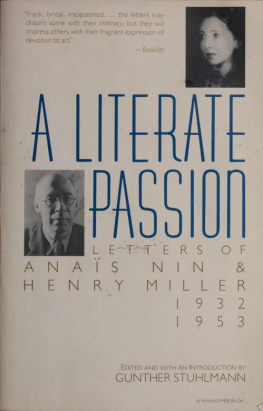PREFACE.
Table of Contents
This volume is intended as a companion to the historical sketch ofEnglish literature, entitled From Chaucer to Tennyson, published lastyear for the Chautauqua Circle. In writing it I have followed the sameplan, aiming to present the subject in a sort of continuous essayrather than in the form of a "primer" or elementary manual. I have notundertaken to describe, or even to mention, every American author orbook of importance, but only those which seemed to me of mostsignificance. Nevertheless I believe that the sketch contains enoughdetail to make it of some use as a guide-book to our literature.Though meant to be mainly a history of American belles-lettres, itmakes some mention of historical and political writings, but hardly anyof philosophical, scientific, and technical works.
A chronological rather than a topical order has been followed, althoughthe fact that our best literature is of recent growth has made itimpossible to adhere as closely to a chronological plan as in theEnglish sketch. In the reading courses appended to the differentchapters I have named a few of the most important authorities inAmerican literary history, such as Duyckinck, Tyler, Stedman, andRichardson. My thanks are due to the authors and publishers who havekindly allowed me the use of copyrighted matter for the appendix,especially to Mr. Park Godwin and Messrs. D. Appleton & Co. for thepassages from Bryant; to Messrs. A. O. Armstrong & Son for theselections from Poe; to the Rev. E. E. Hale and Messrs. RobertsBrothers for the extract from The Man Without a Country; to WaltWhitman for his two poems; and to Mr. Clemens and the AmericanPublishing Co. for the passage from The Jumping Frog.
HENRY A. BEERS.
CHAPTER I. THE COLONIAL PERIOD, 16071765
CHAPTER II. THE REVOLUTIONARY PERIOD, 17651815
CHAPTER III. THE ERA OF NATIONAL EXPANSION, 18151837
CHAPTER IV. THE CONCORD WRITERS, 18371861
CHAPTER V. THE CAMBRIDGE SCHOLARS, 18371861
CHAPTER VI. LITERATURE IN THE CITIES, 18371861
CHAPTER VII. LITERATURE SINCE 1861
APPENDIX.
INITIAL STUDIES IN AMERICAN LETTERS.
Table of Contents
CHAPTER I.
THE COLONIAL PERIOD.
16071765.
The writings of our colonial era have a much greater importance ashistory than as literature. It would be unfair to judge of theintellectual vigor of the English colonists in America by the booksthat they wrote; those "stern men with empires in their brains" hadmore pressing work to do than the making of books. The first settlers,indeed, were brought face to face with strange and excitingconditionsthe sea, the wilderness, the Indians, the flora and faunaof a new worldthings which seem stimulating to the imagination, andincidents and experiences which might have lent themselves easily topoetry or romance. Of all these they wrote back to England reportswhich were faithful and sometimes vivid, but which, upon the whole,hardly rise into the region of literature. "New England," saidHawthorne, "was then in a state incomparably more picturesque than atpresent." But to a contemporary that old New England of theseventeenth century doubtless seemed any thing but picturesque, filledwith grim, hard, work-day realities. The planters both of Virginia andMassachusetts were decimated by sickness and starvation, constantlythreatened by Indian Wars, and troubled by quarrels among themselvesand fears of disturbance from England. The wrangles between the royalgovernors and the House of Burgesses in the Old Dominion, and thetheological squabbles in New England, which fill our colonial records,are petty and wearisome to read of. At least, they would be so did wenot bear in mind to what imperial destinies those conflicts were slowlyeducating the little communities which had hardly yet secured afoothold on the edge of the raw continent.
Even a century and a half after the Jamestown and Plymouth settlements,when the American plantations had grown strong and flourishing, andcommerce was building up large towns, and there were wealth andgenerous living and fine society, the "good old colony days when welived under the king," had yielded little in the way of literature thatis of any permanent interest. There would seem to be something in therelation of a colony to the mother-country which dooms the thought andart of the former to a helpless provincialism. Canada and Australiaare great provinces, wealthier and more populous than the thirteencolonies at the time of their separation from England. They havecities whose inhabitants number hundreds of thousands, well-equippeduniversities, libraries, cathedrals, costly public buildings, all theoutward appliances of an advanced civilization; and yet what haveCanada and Australia contributed to British literature?
American literature had no infancy. That engaging navet and thatheroic rudeness which give a charm to the early popular tales and songsof Europe find, of course, no counterpart on our soil. Instead ofemerging from the twilight of the past the first American writings wereproduced under the garish noon of a modern and learned age.Decrepitude rather than youthfulness is the mark of a colonialliterature. The poets, in particular, instead of finding a challengeto their imagination in the new life about them, are apt to go onimitating the cast-off literary fashions of the mother-country.America was settled by Englishmen who were contemporary with thegreatest names in English literature. Jamestown was planted in 1607,nine years before Shakespeare's death, and the hero of that enterprise,Captain John Smith, may not improbably have been a personalacquaintance of the great dramatist. "They have acted my fataltragedies on the stage," wrote Smith. Many circumstances in TheTempest were doubtless suggested by the wreck of the Sea Venture on"the still vext Bermoothes," as described by William Strachey in hisTrue Repertory of the Wrack and Redemption of Sir Thomas Gates,written at Jamestown, and published at London in 1610. Shakespeare'scontemporary, Michael Drayton, the poet of the Polyolbion, addresseda spirited valedictory ode to the three shiploads of "brave, heroicminds" who sailed from London in 1606 to colonize Virginia, an odewhich ended with the prophecy of a future American literature:
"And as there plenty grows
Of laurel every-where
Apollo's sacred tree
You it may see
A poet's brows
To crown, that may sing there."
Another English poet, Samuel Daniel, the author of the Civil Wars,had also prophesied in a similar strain:
"And who in time knows whither we may vent
The treasure of our tongue, to what strange shores
What worlds in the yet unformed Occident
May come refined with accents that are ours?"
It needed but a slight movement in the balances of fate, and WalterRaleigh might have been reckoned among the poets of America. He wasone of the original promoters of the Virginia colony, and he madevoyages in person to Newfoundland and Guiana. And more unlikely thingshave happened than that when John Milton left Cambridge in 1632 heshould have been tempted to follow Winthrop and the colonists ofMassachusetts Bay, who had sailed two years before. Sir Henry Vane,the younger, who was afterward Milton's friend


